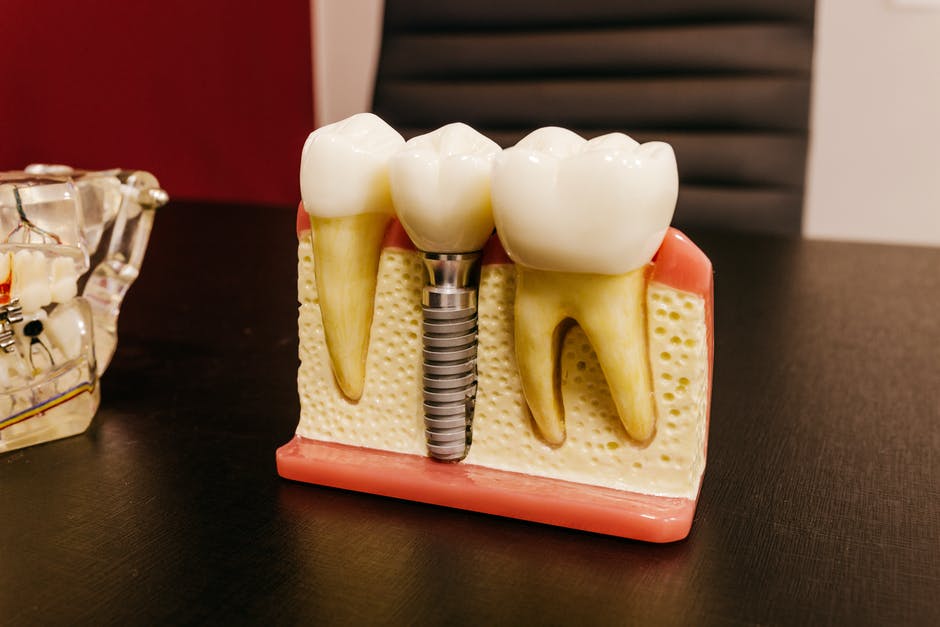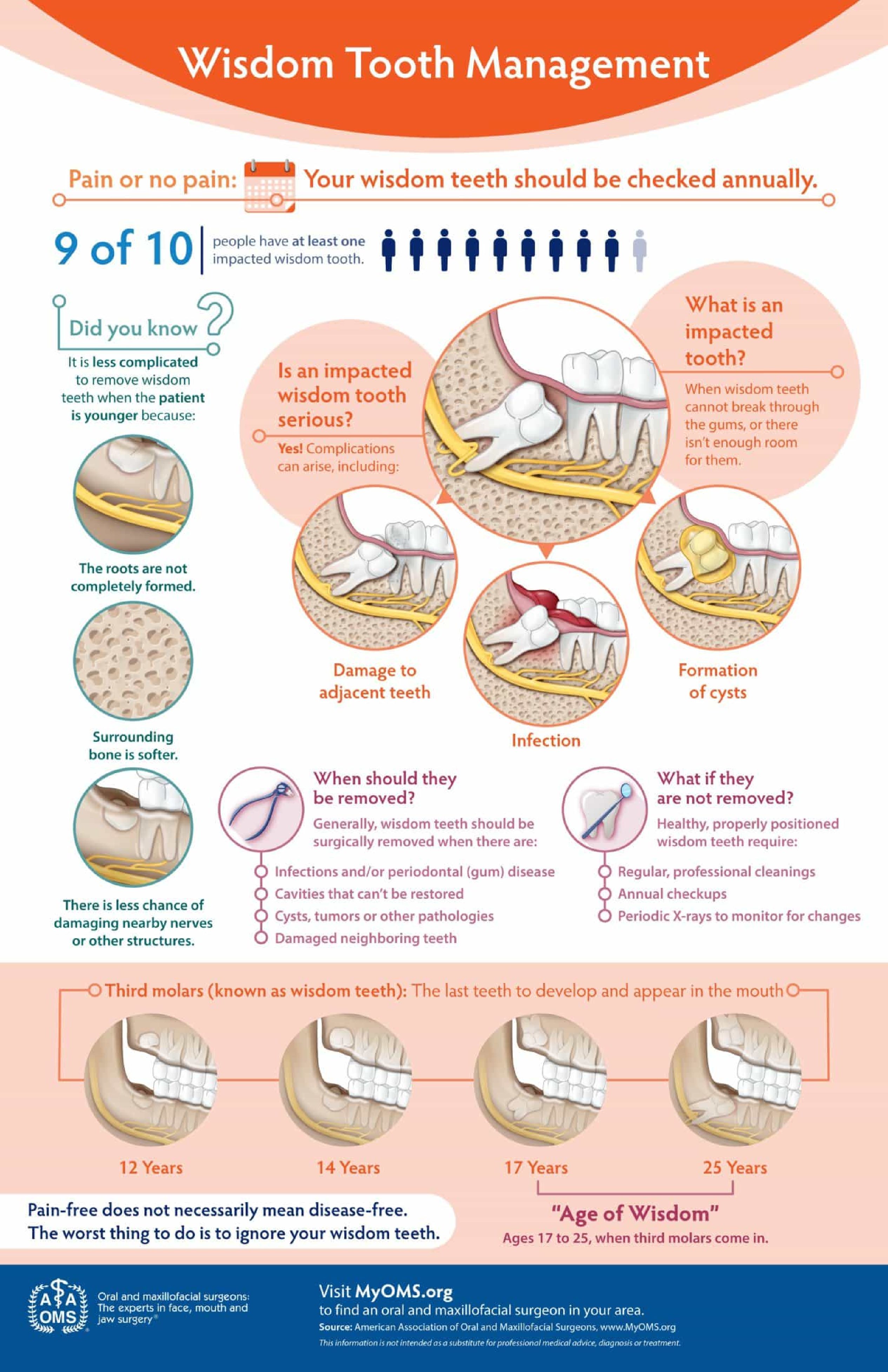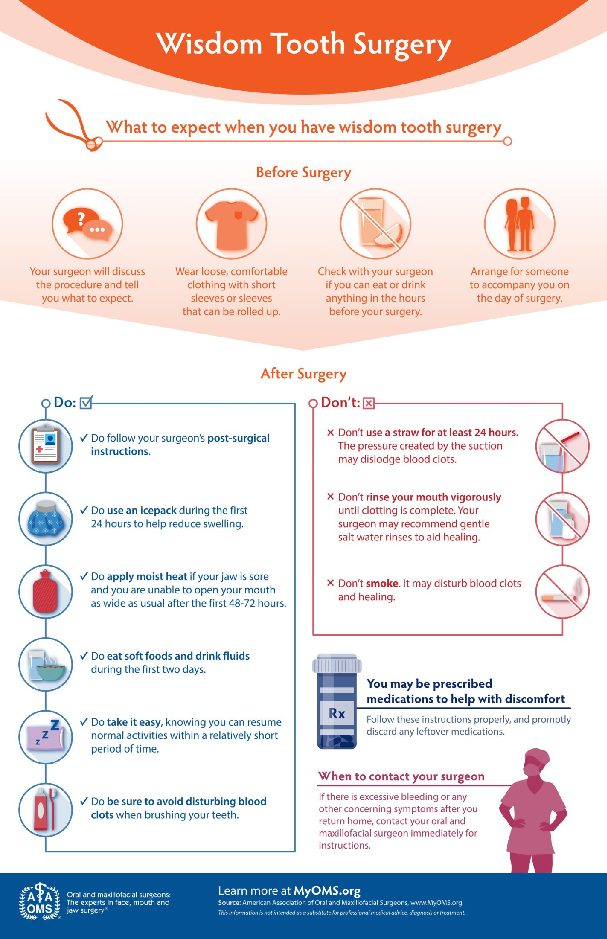Good oral health has always been important for appearances, chewing, and speech, but new research suggests it may be even more critical than we realized. Missing teeth and poor chewing ability can also increase the risk of bone loss and diabetes as we age.
If you’ve lost a tooth, replacing it is crucial. But with the daily frustration of dentures, it’s too often a compromise between comfort and health.
Fortunately, if you’re in otherwise good dental health, you may be able to get the best of both worlds with a dental implant.
What are dental implants? We’ll explain everything you need to know, so you can decide if the opportunity is right for you.
What Are Dental Implants?
A dental implant is an artificial root placed under the gum and into the jawbone. Your oral surgeon will then attach a crown to the implant, completing a set of strong, fully functioning teeth.
Implants are so effective because of osseointegration, the fusing of the bone to the implant, creating a permanent hold. They have varying success rates, and you may face an increased risk of failure depending on your age, jawbone quality, and implant needs.
Benefits of Dental Implants
Dental implants look, feel, and function like actual teeth. In most cases, neither you nor your friends will be able to tell the difference.
As you can imagine, having a permanent replacement yields a world of benefits:
- Improved appearance
- Reduced bone loss
- Stronger bite
- Increased confidence
- Better dental health
- Convenient care
With dental implants, you don’t need to worry about slipping dentures or dealing with adhesives. Once it’s in place, you can treat it like a regular tooth.
Different Types of Dental Implants
The two types of dental implants you’ll see today are endosteal implants and subperiosteal implants. Your oral surgeon may recommend one over the other, depending on the health of your jawbone.
Endosteal Implants
The most common type of implant, an endosteal implant involves the insertion of a titanium screw or blade into the jawbone. An abutment attaches to the screw, sticking out of the gum. A fake crown then goes over the abutment to finish off the implant.
If you are in good health and have ample bone in your jaw to accept an endosteal implant, your surgeon will likely recommend this procedure because it’s the strongest, most effective, and long-lasting option.
Individuals with poor jaw structure may have to undergo a ridge expansion, bone augmentation, or sinus augmentation. Bone grafts are necessary to provide enough mass and height to accept an implant.
Some people cannot take an implant or bone graft, so their doctor might recommend a subperiosteal implant instead.
Implant Variations
You can use implants to replace one or several teeth. There are three types of endosteal implants your surgeon may use depending on the number and placement of the teeth.
A bridge implant is similar to a normal dental bridge, but instead of two teeth supporting the false tooth, two implants support it. In a line of three, two dental implants are set on the ends and a bridge sits in between them.
If you’re replacing an entire row of teeth, you can get an all-on-four implant. Four implants attach at different points in the jaw to hold a permanent denture.
Subperiosteal Implant
A subperiosteal implant doesn’t fit inside the jaw but rather sits on top of it via a metal frame. An abutment and crown then fit into the implant.
These implants are not as sturdy as endosteal implants and require more care. On the plus side, they can help you avoid the need for grafts and offer faster recovery. With the improvements in grafting procedures and the quality of implants, subperiosteal implants are becoming less common.
Mini Dental Implants
A mini dental implant is a newer option for individuals trying to replace teeth or stabilize their dentures. They’re much smaller than standard implants, so they can work for individuals with less bone mass.
Mini implants provide quicker recovery and less intrusive attachment methods, but they aren’t as strong as standard implants. In some instances, they only work as temporary replacements.
Dental Implants Procedure
Oral surgeon services include implants and facial surgery to prepare the jaw, but you can start the conversation with your family dentist. They can refer you to a surgeon who will assess your viability for implants.
Unless you need a bone graft, which takes several months to heal, your surgeon will start the procedure by numbing your mouth and cutting into your gum. They’ll drill into your jaw to create a hole for the implant.
After placing the implant, you’ll need to let the bone integrate with the implant. The process can take 2-6 months, during which time you’ll have a restricted diet and special care instructions.
Once the bone forms around the implant, your surgeon will cut back into your gums, which have healed over by this point. An abutment attaches to the post, and you’ll spend another few weeks healing.
In some cases, such as same-day implants, you’ll get the implant and abutment during the same procedure. You’ll receive a temporary tooth while you wait for your bone to heal.
When the abutment is in place and everything is healed, you’ll have an impression of your mouth taken to create a custom crown. Your surgeon will then attach the crown, which can be either fixed in place or removable.
Risks of Dental Implants
It’s crucial to work with an experienced oral surgeon when getting dental implants. Although they are often successful, you may experience setbacks after a procedure, including:
- Numbness or tingling in and around the mouth
- Pain, swelling, and bleeding
- Infections
- Tissue and nerve damage
- Implant rejection
Your dentist can assess your risks based on age and health-related factors. It’s critical to discuss habits or health issues that may complicate the procedure, such as smoking, prescription use, arthritis, or diabetes.
Talk to Your Dentist About Dental Implants
What are dental implants? They’re one of the best solutions for fixing your teeth and maintaining your health. Tooth loss can affect anyone at any time, and with continued advancement in dental implant procedures, there’s plenty of hope to restore your smile.
Are you interested in learning more about the benefits of dental implants? Our team at Georgia Facial & Oral Surgery is here to help you accomplish your oral surgery goals for lifelong health. Contact our office to schedule a consultation today or to learn about our services and financing options.



